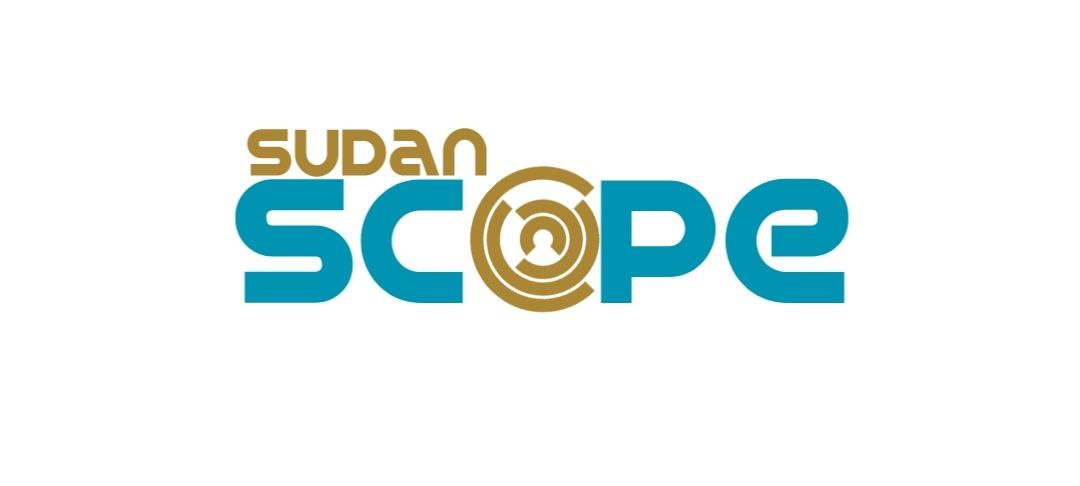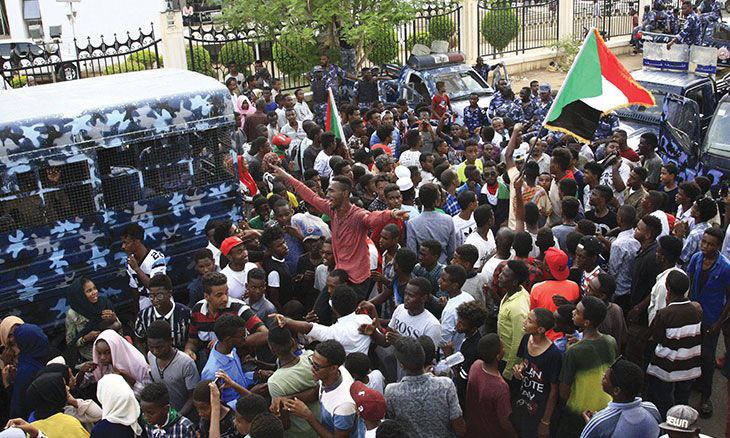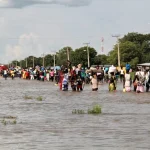Civil society organizations (CSOs) have long played a crucial role in Sudan’s social and political landscape. As the country grapples with conflict, economic instability, and humanitarian crises, a new wave of CSOs is emerging, driven by a collective desire to rebuild communities and foster resilience. This article explores the challenges, trends, and potential future of these organizations in Sudan.
The impact of the Sudanese War on civil society and its efforts to halt or mitigate the conflict has been marked by intricate and interlinked challenges. Over the past year, civil society spaces have steadily diminished as public arenas have been militarized to serve the war.
This contraction has left civil society activities confined mainly to humanitarian efforts, which have grown increasingly critical amid collapsing humanitarian conditions and the looming threat of famine. Many civil society organizations (CSOs) have relocated their operations to neighboring capitals such as Kampala, Nairobi, and Addis Ababa.
While this analysis concentrates on organizations as a significant component of civil society, they are not its sole element.
Operational Challenges
Operating in Sudan’s volatile environment presents significant hurdles for CSOs. Many struggle with limited infrastructure, communication breakdowns, and logistical disruptions caused by ongoing conflict. The war has displaced many civil society actors, forcing them to abandon their bases due to the conflict’s geographic expansion. Numerous national and international organizations in Khartoum and other states have lost their headquarters and assets, often seized or looted by the Rapid Support Forces (RSF). The scarcity of transportation networks and fuel shortages further complicate efforts to reach vulnerable populations, especially in rural areas. Additionally, poor coordination among organizations often leads to resource duplication or gaps in service delivery.
Financial Challenges
Many international organizations exited Sudan after the war broke out, cutting off funding for civic education and political participation initiatives. This withdrawal has severely impacted CSOs, which heavily rely on external funding.
Organizations not involved in humanitarian work have been particularly hard hit. The escalating humanitarian disasters and intensified security restrictions have redirected donor focus to humanitarian projects. Although some international organizations and UN agencies have resumed operations, their efforts are primarily confined to addressing the war’s humanitarian fallout.
In addition, high inflation and currency fluctuations erode the purchasing power of available funds, forcing CSOs to constantly adapt budgets and cut back on programs.
Security Challenges
CSOs face significant obstacles in conducting activities due to surveillance and restrictions imposed by military intelligence and security agencies from both the Sudanese Armed Forces (SAF) and RSF.
Activists have been assassinated in Darfur, including the Humanitarian Aid Commissioner in El Geneina, while many others have been threatened by both warring factions. Some organizations manage to operate in humanitarian fields under the coordination of emergency committees.
These committees, often formed as grassroots initiatives during the December Revolution, have become critical for humanitarian efforts despite facing persistent security threats across Sudanese states.
Legal Challenges
The war has disrupted the registration of new organizations at the federal level for over a year. Previously registered organizations were granted temporary registration extensions every three months.
In June 2024, the government resumed registering new organizations and re-registering existing ones. However, Sudanese organizations still face bureaucratic hurdles, as every activity requires approval from various security and military agencies.
Compounding these challenges, the RSF has established its humanitarian aid authority to oversee civil society and humanitarian operations in areas under its control, adding another layer of complexity for organizations operating in Sudan.
Civil Society’s Role in Wartime
Within Sudan, only a limited number of organizations from the thousands that existed pre-war remain active, focusing almost exclusively on humanitarian work.
Many organizations previously dedicated to human rights, democracy, and research have shifted their activities to humanitarian efforts. A few rights-focused organizations continue to monitor violations discreetly, operating away from the authorities and security agencies’ scrutiny.
Through grassroots collaborations, civil society has tackled food security crises by supporting communal kitchens (known as tukaya) and small-scale food production projects. Meanwhile, several organizations have relocated their legal operations abroad, particularly to Kampala, Uganda.
Operating freely under the supportive environment provided by Ugandan authorities, these organizations focus on social cohesion, combating hate speech, civic education, transitional justice, and local governance.
Civil society organizations and individuals also actively participate in initiatives aimed at halting the war and resuming Sudan’s democratic transition, working alongside political and social forces.
Emerging Trends
Despite the war’s devastating toll, civil society activity has gradually increased after the initial shock. A new wave of grassroots organizations has emerged, with many registering as new entities. However, capturing the full scope of this emerging civil society remains challenging.
Conversely, the performance and influence of some established organizations and actors have waned. Although the scale of human rights violations in Sudan has grown, monitoring activities remain insufficient due to heightened security restrictions.
Recent years have seen several new trends in Sudan’s civil society sector:
Digital Advocacy: As internet access expands, many CSOs are leveraging social media platforms to raise awareness, mobilize support, and organize campaigns.
Youth Involvement: Young Sudanese activists are increasingly at the forefront of civil society initiatives, bringing fresh energy and innovative approaches.
Focus on Local Solutions: With dwindling international support, CSOs are emphasizing community-driven solutions and capacity-building initiatives to ensure sustainability.
Collaboration with the Diaspora: Sudanese expatriates are playing a significant role in funding and advising CSOs, offering expertise and global networks to enhance their impact.
The Future of Civil Society
Despite the challenges, Sudanese civil society has shown resilience. The war has provided CSOs with opportunities to engage more closely with grassroots groups, fostering deeper connections with local communities.
This proximity addresses a longstanding barrier faced by Sudanese CSOs and equips grassroots youth groups with organizational and institutional capabilities through collaborations with national and international organizations.
Similarly, while many organizations have shifted to humanitarian work, this focus has strengthened their alignment with community needs, particularly as government functions have largely ceased since the outbreak.
Additionally, the increasing scale of Sudan’s crisis has prompted greater donor commitments, potentially alleviating funding challenges for CSOs.
As the crisis deepens, signs point to the emergence of a new civil society more attuned to public needs and services.
While this evolution faces significant hurdles, Sudanese civil society’s ability to endure various trials underscores its potential to fulfill its critical roles amid the complexities surrounding Sudan’s future.
In the face of adversity, Sudanese CSOs have proven to be a pillar of hope and progress. By addressing the obstacles, they face and capitalizing on emerging trends, these organizations can play a transformative role in shaping a brighter, more peaceful future for Sudan.
This article serves as a call to action for stakeholders to support the growth and sustainability of Sudan’s civil society, which remains a crucial force for positive change amidst ongoing challenges.
Through various activities, Sudan Scope explores the challenges faced by civil society in Sudan, focusing on the nature of its activities and roles during the ongoing war and the opportunities to enhance its effectiveness in the future.





